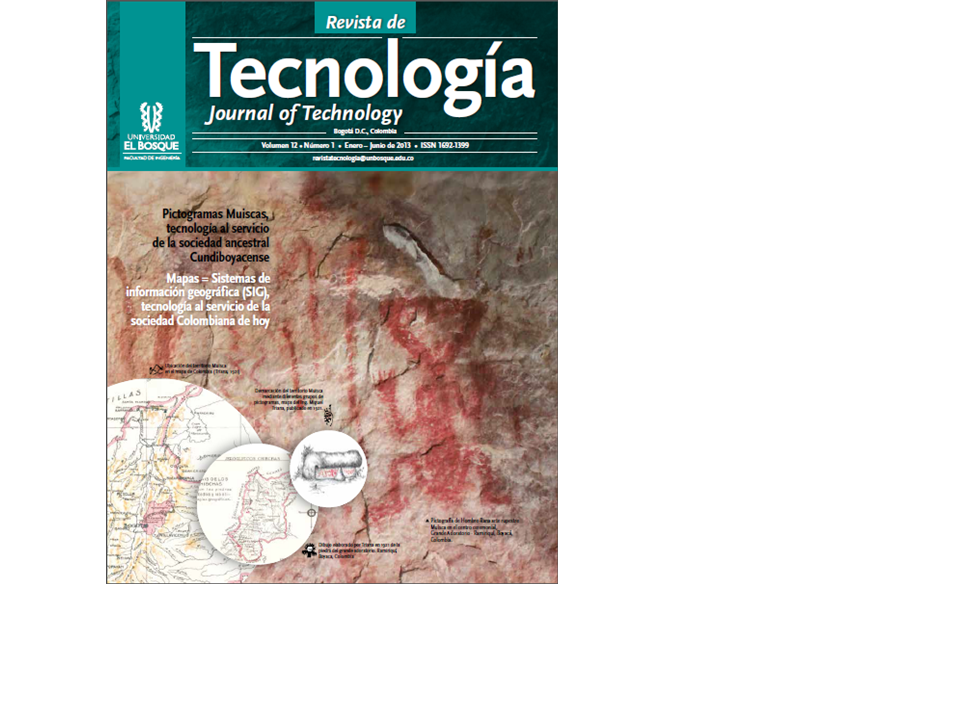The Future of Manufacturing in Resource-rich Economies: How mining could generate jobs and competitiveness beyond extraction of ore
DOI:
https://doi.org/10.18270/rt.v12i1.638Resumen
The drive towards higher levels of productivity forces companies to pursue economies of scale, manufacturing standardized products in higher volumes at ever lower marginal costs. However, whenever an entrepreneur or an established business in a resource rich exporting country attempts to build a company, macro-economic conditions often render agricultural and industrial activities uncompetitive. Countries with rich mineral reserves and part of broad free trade zones are particularly affected by the globalized economy, where increased demand for raw materials pushes up commodity prices, which increase export revenues that strengthen the local currency against the dollar. A strong local currency driven by ore exports and direct foreign investments turn imports cheaper. This leads to a de-industrialization, or the impossibility to ever build an industry, and adversely affects agriculture that is dependent on overseas markets. This phenomena is known as the “Dutch Disease”. It affects large commodity exporting nations like Colombia. Article written by Prof. Gunter Pauli founder of ZERI and designer of The Blue Economy in preparation of the lecture at the Banco de la República (Colombia) held 7 february 2013 in the National Library Luis Angel Arango Auditorium, Bogotá, Colombia. The only way to respond to these adverse marcoeconomic effects of commodity driven export strategies is to change the business model of the mining industry. Evolving mining from a core business, focused on the extraction of ores and the export thereof, to a clustering of mining, agriculture and manufacturing using all available resources of the mine, from land to energy and waste like rock refuse and tailings. The design of a positive response strategy to social challenges like artisanal mining, combined with securing a cluster of businesses around mining could reverse de-industrialization. Better, this could create an economy that remains vibrant after the mining operations have exhausted their resources. At first sight, the process of clustering industries and social needs have no relation. However this proven strategy that is now subscribed to by leading global corporations adds value and jobs, while strengthening each competitive position in every core businesses generating growth in the country. This article describes the new business model for mining in the concrete setting of Colombia and explains how it will result in sustainable growth, while industrializing and strengthening agriculture in emerging markets, and deliver ecosystem services.
Descargas
Descargas
Publicado
Número
Sección
Licencia
PUBLICIDAD
La Revista de Tecnología – Journal of Technology ISSN 1692-1399 invita a dirigir sus órdenes publicitarias a la dirección electrónica tecjournal.uelbosque@gmail.com ; revistatecnologia@unbosque.edu.co, a romerojaimea@unbosque.edu.co.
ADVERTISING
Revista de Tecnología – Journal of Technology ISSN 1692-1399 invites to advertise by inquiring sending an e-mail to revistatecnologia@unbosque.edu.co, or romerojaimea@unbosque.edu.co
FORMA DE ADQUISICIÓN
Compra, canje o suscripción.Purchase, exchange or subcriptions.Acheter, echange o de abonnement.
Suscripciones y solicitudes de canje.Subscriptions or Exchange. – A besoine D’echange.
Avenida Carrera 9 131A-02 Edificio Fundadores, Piso 3 – ala sur Oficina de Publicaciones de la Facultad de Ingeniería, Universidad El Bosque, Bogotá D.C., Colombia.Tel. + 571 648 9000 ext. 1385 – Fax + 571 625 2030revistatecnologia@unbosque.edu.cotecjournal.uelbosque@gmail.com


